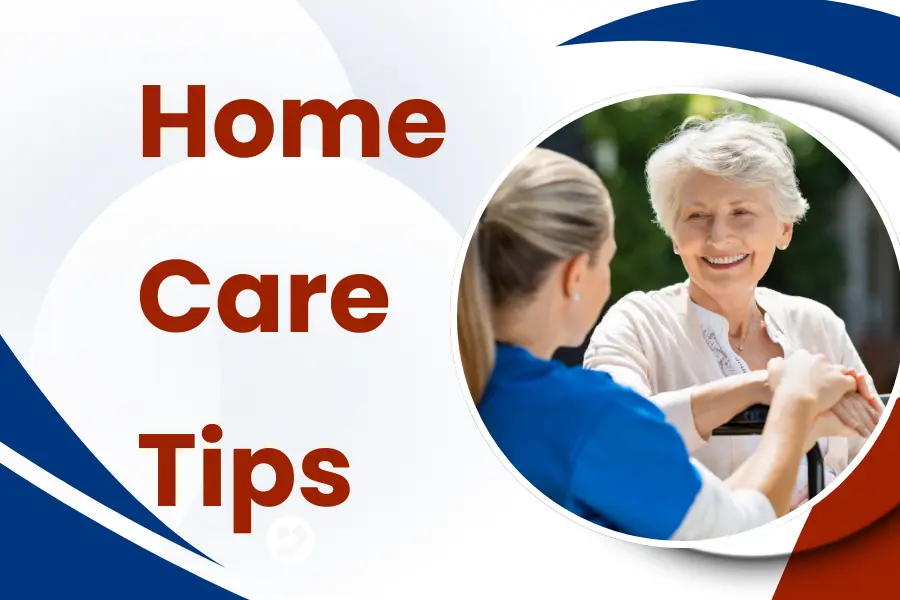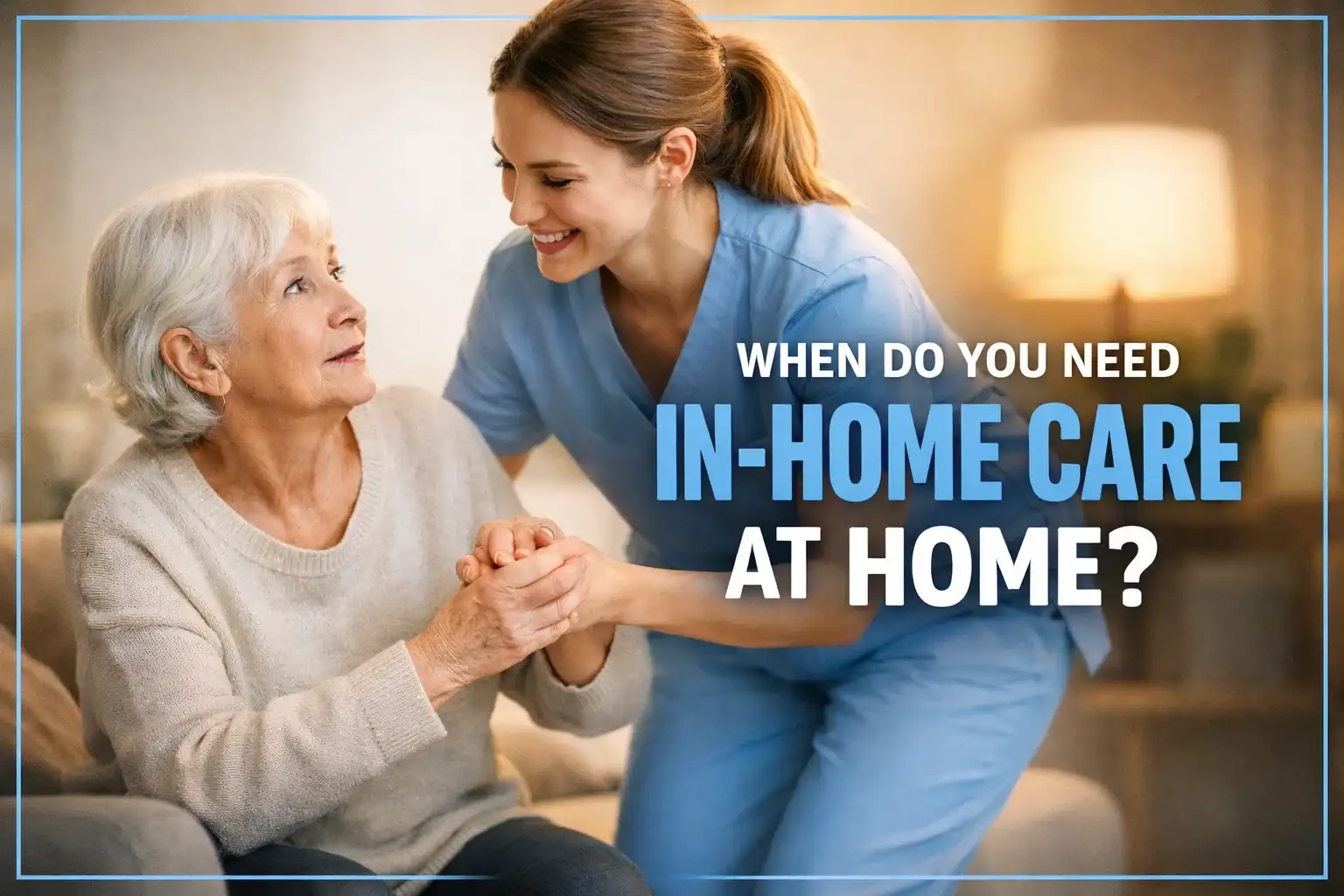When your loved one’s health concerns grow more complex, there are choices to make. Is it better for them to live in a nursing home, or can they be supported with hospital-level care at home? For many families in Bellmore, having a physician and nurse on-site 24/7 to provide skilled nursing care mitigates medical risks while supporting the comfort of home living. This model ensures that loved ones receive constant, evolving, and holistic health care tailored to their individual needs and preferences.
What is 24/7 Intensive Care in a Home Setting
Twenty-four seven home-based comprehensive care is best described as a specialized model in which dedicated qualified caregivers or nurses are available each minute of the day to address the patient’s medical, personal, and emotional needs. This is different from periodic home health visits in that it features uninterrupted care coordination, real-time monitoring, and immediate response.
This level of care is necessary for:
- Recovering patients who have recently been ill or undergone surgery.
- Patients with complex chronic conditions such as heart failure or COPD.
- Patients suffering from dementia, Alzheimer’s, or other cognitive disorders.
- Patients undergoing end-of-life or palliative care.
- Patients with severe mobility challenges and need help with most daily activities.
With the help of families, patients are able to have their preferred routines with the aid of 24/7 home care, thus avoiding unwanted hospital visits.
Key Services Included in 24/7 Intensive Home Care
In this part, we will explain the most important concepts that differentiate basic home care from simple intermittent assistance.
Medical Monitoring and Support
Patients who require continuous care must be assessed and treated. This can be done by nursing staff and aides trained to perform the following skilled tasks:
- Document vital signs, including pulse, blood pressure, and oxygen levels.
- Administer scheduled medications, including dosages via injection or IV therapy.
- Carry out basic wound management like changing dressings and caring for catheters and feeding tubes.
- Recognize the earliest changes suggestive of complications, infection, or distress.
- Communicate at appropriate levels with the physician to suggest necessary changes to the care plan.
This degree of supervision stops a lot of problems from getting worse and having to be dealt with in the ER, and catches many other problems early.
Personal Care and Hygiene Assistance
Elderly patient care interrelates with their hygiene routines. For thorough and continuous home care, aides make sure that patients are comfortable by caring for them, as well as their hygiene:
- Full bathing or sponge bathing
- Hair trimming, shaving, and nail grooming
- Dressing and undressing assistance
- Help with incontinence and toileting
- Oral care
Compared to busy facilities, home care offers greater discretion, thereby having sufficient time to attend to crucial hygiene tasks.
Mobility and Safety Assistance
When someone is old, weak, or unsteady, they may be at greater risk for falls or unintentional injury.
A 24/7 caregiver can safely help with:
- Safe transfers from bed to wheelchair or recliner
- Turning the person in bed and changing positions to reduce the risk of bed sores
- Assisting with light exercise
- Safe use of gait belts, lifts, and other assistive devices
- Keeping pathways clear to reduce tripping hazards
These kinds of dedicated mobility help the client remain mobile, while preventing injuries.

Meal Preparation and Nutrition Management
Proper nutrition is important for people recovering from chronic diseases as well as for managing one. Caregivers can:
- Design restrictive menus for low-sodium and diabetes meals.
- Provide meals and snacks around the clock.
- Assist with feeding meals for those who have difficulties swallowing or coordinating.
- Monitor weight loss and hydration.
Caregivers have more flexibility in the home setting, where meals can be served at preferred times instead of rigid facility schedules.
Emotional Support and Companionship
Intensive home care looks after the patient’s physical health, and their emotional health is equally significant. The care team also equips paraprofessionals with:
- Interaction with patients for engagement and comfort.
- Stimulating activities such as reading, music, and puzzles.
- Helping patients video call family members.
- Gentle prompts and direction for patients with memory loss.
The comforting setting of home provides a strong sense of decreased anxiety along with enhanced connection to meaning in life.
How the Care Team is Structured
For many families, round-the-clock staffing support raises questions.
In general, continuous care is rendered by particular roles, all of which belong to a specialized team that includes the following:
- Registered Nurses (RNs): Performing complex clinical procedures, such as wound care, IV medication therapy, and monitoring of complicated clinical conditions.
- Licensed Practical Nurses (LPNs): Providing direct nursing care and monitoring for new and ongoing clinical signs.
- Certified Nursing Assistants (CNAs) and Home Health Aides (HHAs): Help with bathing, grooming, feeding, helping with movement, and provide social interaction.
- Care Managers: Take care of appointments, progress and medical updates, and communication with the doctors, and revise the health strategies where it is needed.
To ensure an alert care team, most agencies arrange for scheduled change of caregivers in shifts of 8-12 hours.
How 24/7 Home Care is Different from Hospital or Nursing Facility Care
While hospitals and nursing homes provide useful services, they do not offer the distinct advantages of 24/7 home care. These include:
Dedicated Focus: Staff in a facility have to attend to multiple patients at the same time. Your loved one gets complete attention when at home.
Less Stress and Confusion: For dementia patients, the comforts of home greatly reduce confusion and anxiety.
Preferred Daily Schedule: Meals, bathing, and other activities can take place within your loved one’s preferred timeframe.
Reduced Risk of Infection: Avoidance of communal areas minimizes exposure to contagious infections.
Increased Participation: Family members can come and go as they please, delivering care throughout the day instead of being restricted to scheduled visit times.
The combination of these factors can assist in creating smoother experiences for families from Bellmore.
Benefits of 24/7 Care at Home for Seniors
With home care services, especially for the elderly and children, there is a greater advantage in safety.
- Care and safety threats are eliminated: There is peace of mind knowing that someone is there all the time.
- Improved maintenance of health: Individuals receiving aid seem to suffer from serious health challenges because of timely intervention.
- Caregiver fatigue is significantly reduced: Family caregivers can concentrate on their work or take time off while knowing their loved ones are well taken care of.
- Assistance awaiting patients’ convenience: Care is delivered at the convenience of the patients.
Everyone, without exception, appreciates the guarantee of comprehensive care that is both professionally provided and delivered with compassion.
Final thoughts
In-home 24/7 care is not just a service offered but is a lifeline to people with complex health conditions allowing them to remain where they feel most secure and at peace. For families in Bellmore, this means that your loved one can have detailed medical supervision and personal care, similar to a skilled facility, but much more comfortable, and integrated into their daily routine.
For your family’s needs reach out to home care agencies in your area so you can discuss how a carefully structured home care plan could benefit your loved one and improve family harmony.
FAQs
Live-in caregivers are allowed to take sleep breaks as part of their services, hence they are alone in the home for 24 hours. 24-hour care involves awake supported designated caregivers who work in rotating teams to ensure that someone is always awake and providing support.
Medicare typically finances skilled nursing and therapy services, however does not pay for custodial care that is non-medical 24/7. Long-term care insurance or Medicaid may offer some help but it varies based on individual circumstances.
Most agencies are able to respond to urgent need requests within one to three days following assessment.






